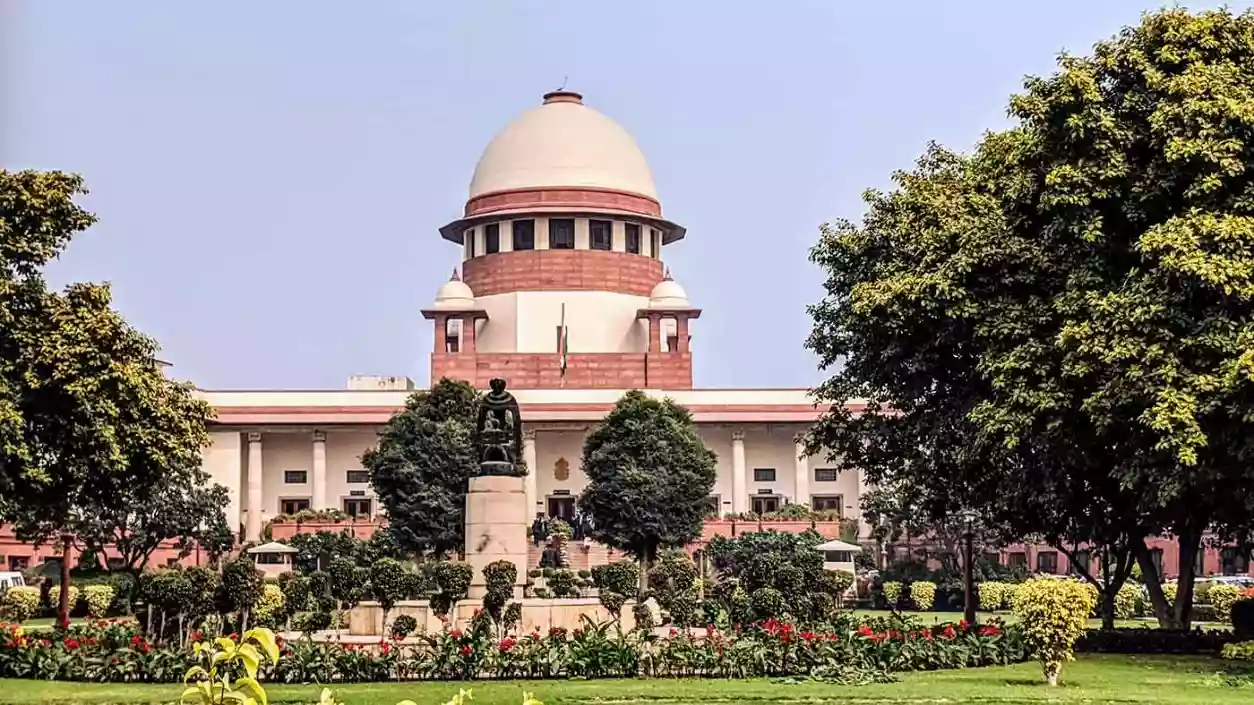.gif)
.gif)

The Congress has announced that it will challenge the Waqf (Amendment) Bill, 2025, in the Supreme Court, calling it unconstitutional. This decision comes after the Bill was passed in the Rajya Sabha early Friday with 128 votes in favor and 95 against. The Lok Sabha had cleared it on Thursday with 288 supporting and 232 opposing votes. The Bill, introduced after recommendations from a Joint Parliamentary Committee, seeks to amend the Waqf Act, 1995, and reform the management of Waqf properties in India.
Congress leader Jairam Ramesh confirmed the party’s legal move, stating, "The INC will very soon be challenging in the Supreme Court the constitutionality of the Waqf (Amendment) Bill, 2024. We are confident and will continue to resist all assaults of the Modi government on the principles, provisions, and practices that are contained in the Constitution of India." Opposition parties, including TMC, DMK, AAP, Samajwadi Party, RJD, and Left parties, strongly opposed the Bill during the debate, calling it "anti-Muslim" and "unconstitutional."
Prime Minister Narendra Modi defended the Bill, calling it a “watershed moment” aimed at ensuring transparency, accountability, and socio-economic justice. He stated that for decades, the Waqf system lacked transparency, harming the interests of Muslim women, poor Muslims, and Pasmanda Muslims. According to the government, the new amendments will streamline Waqf property management, enhance the registration process, and increase the role of technology in record-keeping.
Security has been tightened in parts of southeast Delhi, including Jamia Millia Islamia and Jamia Nagar, amid concerns over possible protests against the Bill. Delhi Police, along with paramilitary forces, have been deployed in sensitive areas to prevent any disruption. Officials have stated that security measures are precautionary and will remain in place as long as necessary.
Congress has also highlighted its ongoing legal battles against other controversial laws, including the CAA, 2019, amendments to the RTI Act, 2005, and changes to the Conduct of Election Rules (2024). Party leaders have stated that they will continue to oppose what they call attacks on constitutional provisions. The Supreme Court is expected to take up these matters for hearings in the coming weeks.